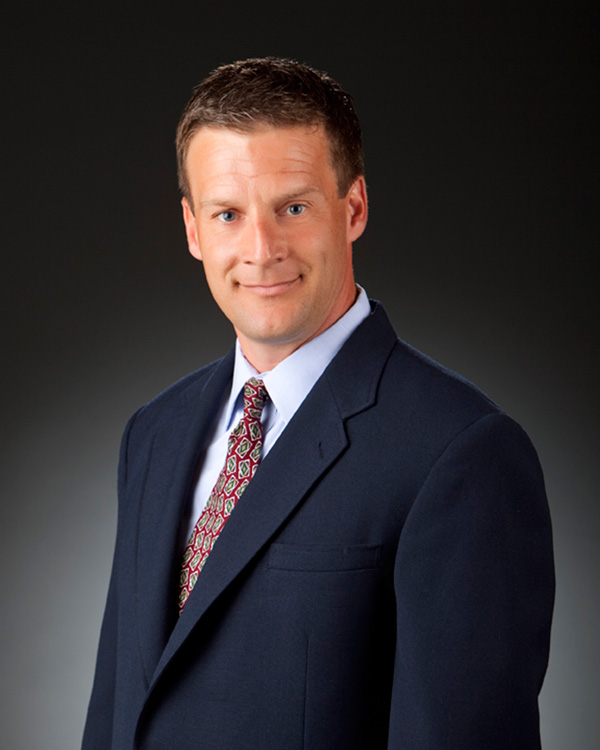 Whether you are a part-time investor trying to become a full-time investor, or whether you are not an investor but you aspire to be, this topic is relevant.
Whether you are a part-time investor trying to become a full-time investor, or whether you are not an investor but you aspire to be, this topic is relevant.
There is no silver bullet or single answer to the question of how or when you transition to full-time investor.
What does your full-time investment status depend on?
- Does it depend on how much time I spend investing? Does that make me a full-time investor?
- Is it based on how many houses I buy? Is there a magic number of homes to buy that will designate me as full-time?
- Or is it how many houses I hold as rental properties?
- Is it defined by whether I have a full-time career or salary? Or whether I don’t? Does that make me a full-time investor?
- Or is it how much money I make as a result of my investments?
These are all questions you may have as you seek to identify when, how or if you can become a full-time investor.
The defining moment
There is no single answer, so I will illustrate how I evolved from a part-time to full-time investor. And though my path may be very different from yours, there are principles and common themes I think will apply to most people as they proceed through their part-time investing and ultimately become full-time investors – assuming that is their goal and objective.
For me the defining moment came when I realized I had a business strategy with regard to my real estate investments versus simply an investment strategy.
I was a part-time investor for many, many years while I had a full-time career. But as I gained more experience, knowledge, commitment and motivation and was more and more competent in my investing, it became apparent my primary focus was earning a return on my investments (ROI). I would buy a house, keep it as a rental, and I had an objective of earning a certain percentage return on that investment. That is no different than most people’s objective or goal when it comes to investing in anything – whether that is stocks, bonds or real estate. But as I continued as a part-time investor I realized, “Hey, wait a minute. There is a business model here versus simply an investment strategy.”
There is a business model here
That business model was centered in a profit and loss statement and not simply a return on investment. It became clear to me if I was willing and able to invest more in my business in the form of operating expenses, I was going to  be able to take this part-time investment strategy to a full-time business model.
be able to take this part-time investment strategy to a full-time business model.
And as I began to explore that full-time business model, I was able to see clearly, mathematically, how this business strategy could ultimately generate enough profit to exceed what I was earning in my full-time professional career.
When that became clear to me, I realized I had an opportunity to transform this part-time investment strategy into a full-time business model. And that is exactly what I did.
For me, it was identifying that scale is what I needed to move from a part-time investor to a full-time investor and business owner. It was simply the volume of real estate deals that I was executing. As a part-time investor there was time when I was buying one house a year and very happy to do that. It was a great way to learn and understand the ins and outs of real estate investment. But as my knowledge, expertise and desires increased, it became apparent I could create a business from this. I needed to go from one house a year to one house a week. And that is the scale I am referring to.
So in order to get the scale, I had to get the deals. In order to get the deals, I had to get more leads – distressed sellers or people who were motivated to sell their homes for cash, “as is,” quickly so they could become attractive investment properties for me. The objective is to get more leads or customers, to seek out unique opportunities and more opportunities than your competitors so that you can grow and build your business.
It’s not rocket science, but to get those leads I had to start marketing and advertising. I had not done that before. As a part-time investor I bought my properties right off the MLS (the multiple listing service). I used a Realtor and bought properties off the retail market where everybody goes to buy properties.
I realized I needed to start marketing directly to sellers. I needed to seek out and find those motivated or distressed sellers who were willing to sell their properties at deep discounts in exchange for cash, “as is” purchases. I could provide a service to them to satisfy their objectives of getting out of their homes. They did not want to go the traditional route. I knew these people were out there. I needed to market and get to them in order to purchase those homes to grow my business to a full-time model. That is how I would go from one house a year as a part-time investor, to one house a week as a full-time investor.
Tactically, what that marketing looked like for me – and this was really the game-changer – it came in the form of letters, postcards and hand-written notes mailed directly to motivated sellers throughout the Dallas-Fort Worth area where I am currently a HomeVestors franchisee and full-time investor.
It meant exploring, understanding and investing in Internet marketing where people could find me as a homebuyer, as a real estate investor, and they could contact me with their situation and with their property. To this day, 50 percent of the homes I buy come from two marketing avenues: direct mail and Internet marketing. Those two sources get me the leads to get to the scale to make a full-time business work.
I do a lot of other things, too. I advertise on billboards here in the Dallas-Fort Worth area. I advertise in the newspaper, in the content areas or in the classifieds. I advertise for things I want to buy – and it’s homes. There are other advertising tactics like yellow pages, door hangers and bandit signs and the list goes on and on about the different things you can do to market and advertise your business in order to generate more leads, get more deals and gain the scale necessary to take you from a part-time investor to a full-time investor.
The second key point: spend money to make money
None of this effort comes cheaply. This is the second key point. I mentioned earlier the transition from part-time to full-time was rooted in the mind shift from simply seeking a return on an investment to building and delivering a profit and loss statement.
That meant I was going to have to commit to spending money to make money. Spending on operating expenses like advertising and marketing is a huge cost, and it is what changed my business. It is my single largest operating expense. It changed my model – incurring expenses in order to drive profits to gain scale in order to become that full-time investor and business owner.
To put some perspective around the scope of the investment, I spend over $100,000 a year on generating leads, which create deals, which create volume, which gives me the scale to succeed as a full-time investor. Yes, that is a large amount of money. But it is no different than any other business. My real estate investment business is no different from most other businesses where marketing and advertising is one of their largest expenses. And it is no different for me.
In conclusion, if or when you seek to transition from a part-time investor to a full-time investor, remember it is rooted in moving from getting a return on your investment to actually pursuing a business plan and strategy with a profit and loss statement – where you will invest in operating expenses in order to gain the scale to drive your business to a whole new level.
It is that scale and that investment that will unlock the profits to allow you to create an income that is going to exceed what you currently earn. Your transition to a full-time real estate investor is going to be destined for success once you combine that business strategy with your ability, willingness and commitment – both financially and professionally.
























0 Comments